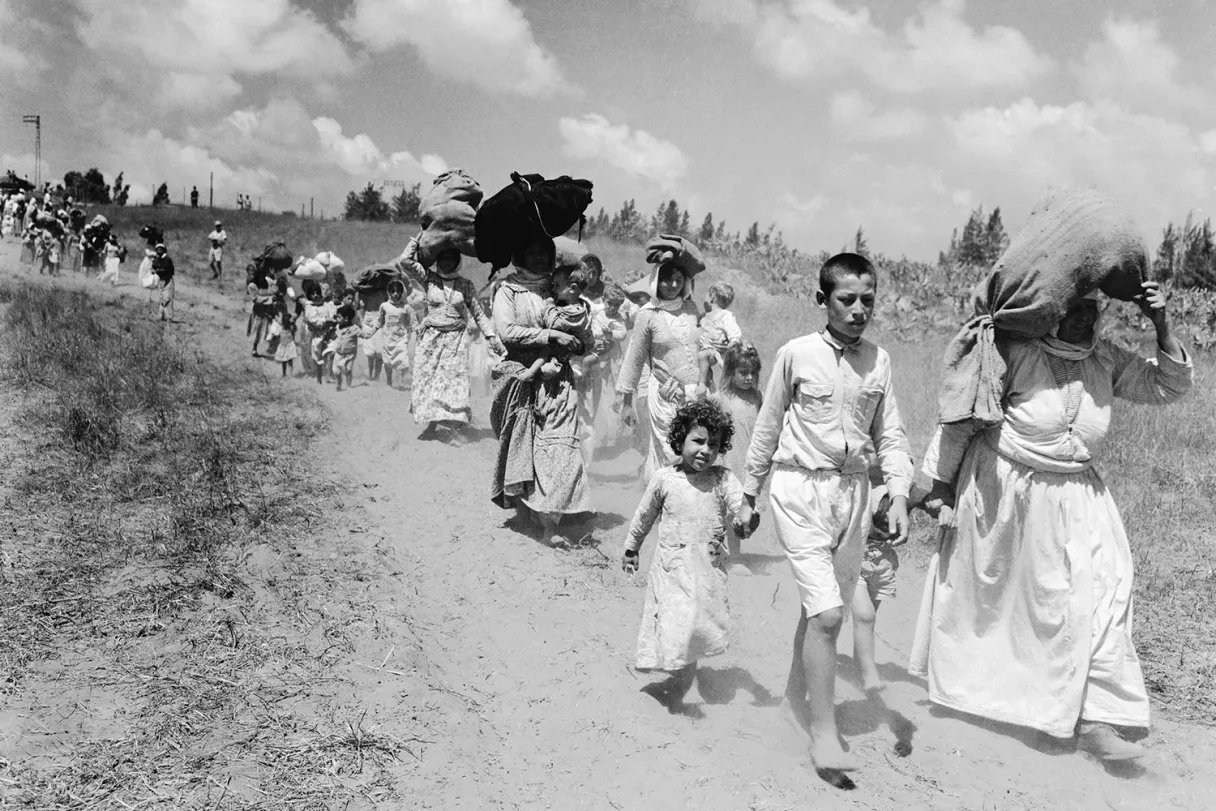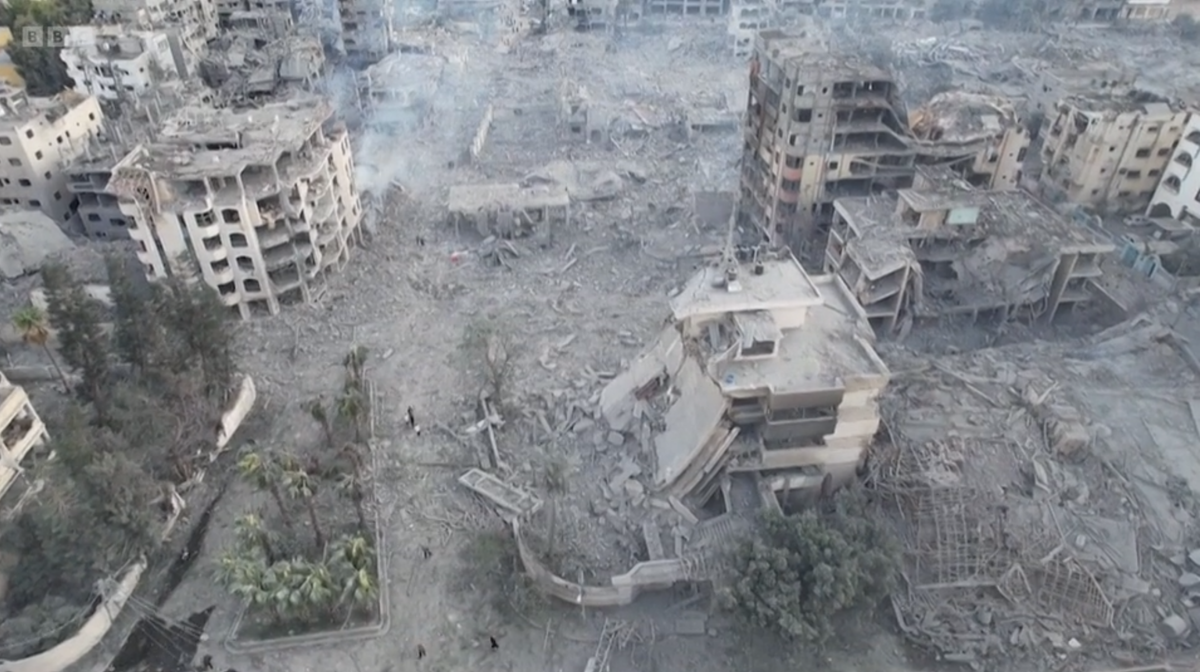Why don't progressive Zionists center justice?
• public
This post is available in French here.
A few weeks ago, I wrote about why I think that Israelis and Zionists wanting peace was never going to be enough to end the Israeli-Palestinian conflict:
For years, I believed that Israel held the moral high ground. It was Israel that explicitly called for peace, pursued a peace agreement, made peace proposals. But this pursuit of peace wasn't just self-interested—seeking to address the violence that Israelis face and achieve safety for Israelis—it also negated justice: Israel's vision for peace ignored the needs of Palestinians, erased their aspiration for freedom, dignity, and self-determination.
In this post, I want to dive into why I think progressive Zionists have systematically failed to center justice. This is important because as we'll see, the reasons are deeply connected to why so many Jews continue to subscribe to Zionism (as I used to).
I can think of five reasons explaining why for so long I focused on peace rather than justice, and why so many of the people I know in Israel and Jewish communities around the world do.
First, in Zionist circles, there are virtually no discussions about the Nakba or, more generally, about abuse committed by the Zionist movement before the birth of Israel and by Israel in its early years. News or political commentary largely focuses on current violence or, at best, on injustices committed by Israel in the past few years (around the occupation of the West Bank, settlements, or the Gaza blockade). When historical injustices are not something we think or talk about, why would we think about justice? The focus then turns to current issues and to those immediately responsible—the Israeli government (who doesn't love to hate on Bibi?) rather than the state of Israel itself.
Second, beyond education and news, progressive Israelis live, by and large, comfortable lives. Even though land grabs, home demolitions, and a thousand other daily indignities inherent to military occupation are happening just a few kilometers away from Tel Aviv, the Palestinian plight is far removed from them. They only hear of it through the news. The overwhelming majority of Israelis have never been to the West Bank or Gaza since their military service, and they don't need to think about the harms of military occupation. Out of sight, out of mind. Until of course an explosion of violence reminds them that the conflict is not over—but then, if the violence doesn't lead them to embrace right-wing policy, the concern becomes peace (how do we make sure we don't get killed by Palestinian militants?) rather than justice (how do we address the root causes of Palestinian violence?).
A third reason for focusing on peace is that peace is a lot easier to think about than justice. Peace is clear and to the point: it is the absence of war and violence. I don't mean that peace is easy to achieve; it's not. But it's something we can all understand and imagine: it is no bombs, no rockets, no stabbings, no car-ramming. Justice, by contrast, is fuzzy. It's hard to define, and it's largely subjective. What is just? What would be a just resolution to the conflict? How do you restore justice, or attempt to restore justice, following decades of injustices? These questions are difficult and, without easy answers, uncomfortable and challenging to grapple with.
Fourth, we often don't want to believe, we don't want to know, that Israel was built on blood. No matter how much we want freedom and safety for Palestinians, or how much we hate settlements, Bibi, and military occupation, for many Jews, the bond to Israel is tied to their very identity. When that is our relationship to Israel, questioning the morality of Israel’s foundation feels like questioning our own morality. It feels like an attack on who we are as human beings. The pull of Zionism is so strong in large part because it was built as Jewish nationalism: turning away from it feels like turning away from our people, from our community. For me, this meant feeling for Israel something I never felt for France, where I was born, or the United States where I've lived for over a decade. As I dug deeper into the history of Israel’s founding and the 75 years of conflict that ensued, I came to the conclusion that Zionism was the main cause of the conflict and that no state should "belong" to an ethnic group. Jews deserve safety and self-determination, but an ethnic state is not the way to achieving safety.
Finally, I think that peace is so much more central than justice in the Zionist psyche because peace feels bilateral. Another common one-liner in Israel is "it takes two to tango", referring to the fact that we can only make peace if Palestinians want to make peace. Centering peace makes it seem like the end of the conflict is, first and foremost, a bilateral process. We can then say that we don't have a partner for peace, or we can explain why the other side isn't fit for making peace. It becomes easy to shift the responsibility away from us. By contrast, focusing on ending injustices would require immediate action, first and foremost ending the colonization of the West Bank. And while progressive Zionists abhor settlers and settlements, I believe that acknowledging that Israel bears most of the responsibility for the continuation of the conflict is one step too far. Suggesting bilateral responsibility for the conflict and for the peace process feels more comfortable.
Achieving justice for Palestinians will not come from within Israel and the Zionist movement. External pressure (through boycotts, divestments, and sanctions) will be the determining factor. But for those of us who are connected to Zionists among our friends and family, we can see new ways to challenge the status quo: showing the significance of the Nakba and historical injustices, refocusing discussions from peace to justice, and encouraging difficult conversations on what justice could look like for Palestinians.

